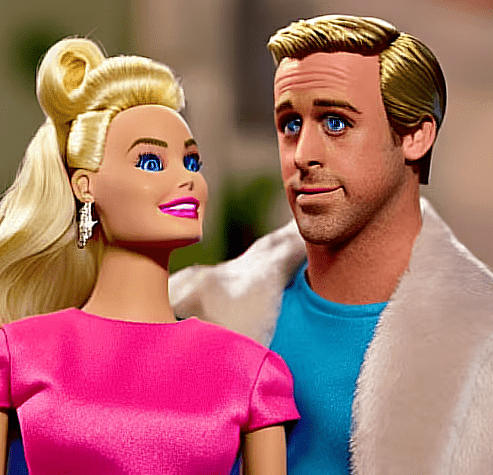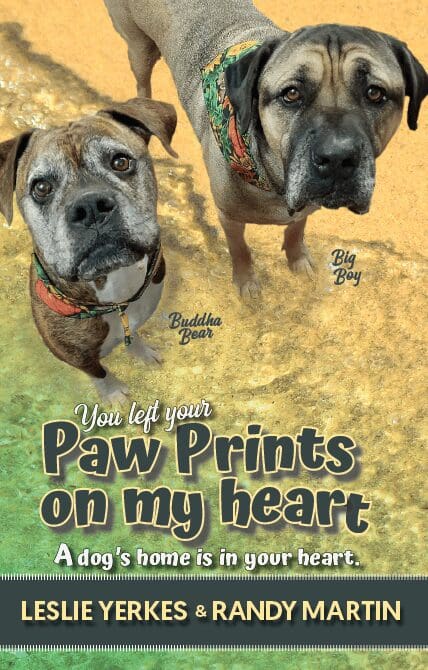
“A ship is safe in the harbor,
But that’s not what ships are built for.”
— Gael Attal
While I was enjoying a well-needed vacation — one that really caused me to let go and disconnect — I still managed to compose a blog. In my last one, I told you I was on an Alaskan cruise of its interior wilds and coastal island cities. Our ship existed in its own bubble-world and, I guess — not surprisingly — the internet was slow and spotty.
In that blog, I mentioned that my mind was filled with gnarly issues but had also been surprised by the impact of viewing one of the summer’s mega-movie hits. I did not tell you the name of the movie or all the questions it raised for me. I may have been reluctant to share?
Then today, someone asked me about that blog and wanted to know the name of the movie I had referred to and what I had thought about its content.
An hour later, he sighed and said, “Do you know how long you talked about this movie?” My response was, “Too long?” He said, “Yes, and No. You should write this as your next blog. It has really revealed many things to you.”
So, here is my attempt to recap my reaction to my viewing of: _________.
Well, wait a minute. First of all, you should know that I had to choose between this summer’s two blockbuster movies — Oppenheimer and Barbie. I chose Barbie because after reading the review of Oppenheimer, I decided I’d rather read the book. So I went to see the Barbie movie. I was warned that it was not a children’s movie, but I went anyway.
I am a first-generation Barbie Doll person. I was born in ‘58 and my first Barbie was the first Barbie release, complete with long legs, tiny waist, projectile breasts, lipstick, and eyeliner. In addition to being ‘my baby,’ Barbie influenced how my mother viewed her body image as well as her daughter’s. Her mother — my grandmother — had told my mother that she would not marry well if she did not have a shapely figure. This doll reinforced this message and thus it was applied to me and my sister and then her granddaughters. We are all weight conscious and all struggle with our weight.
I had Barbie, Ken, and Skipper dolls. We moved every few years for my father’s job. In each location, I always had a group of boy buddies as friends. I did not play with Barbie and her friends with girls, instead my dolls were used in our role-playing with this guy-gang in games inspired by the television show “Man from Uncle.” My dolls were part of our adventures and frequently were hung from trees, held hostage by the bad guys, and generally treated roughly.
Ten years later, the next generation of Barbie girls were exposed to the Career Barbies complete with the cars, house, and pools, that accessorized Barbie’s world. In my own life ,I don’t own any of the perfect “pink’ world of Barbie merchandise or clothing. I still don’t own anything that resembles the world in which Barbie lives. I simply possessed the original Barbie with her unrealistic proportions. Somehow my Barbie never wore anything but her original bathing suit.
The movie stuck with me for weeks. I felt a myriad of emotions. Somehow, the movie explained to me all the projections and social norms I had struggled with in middle-school, high school, and beyond.
My mother did not want me to be a Barbie. She was determined that I would be strong, smart, independent, capable, and ready to support myself in any situation. She wanted me to have the autonomy that her generation of women did not have. I am grateful for the opportunities that were created for me.
I was also told by many male mentors and employers — starting in my teens — that “I would never marry because I was too strong.” That message was reinforced repeatedly. Apparently, I was not “Barbie” enough for their world.
I was really taken aback by the first scene of the movie in which ‘baby dolls’ were replaced by Barbie. Was this the start of programming for girls being shifted from being prepared to be mothers to being prepared to be sex kittens? Am I making this too simplistic?
I just realized my world and my growing up were filled with expectations that were not so explicit to me. Also, of a contraction of my role in my family and society that I would not really understand until later in life. I have mostly been chafing at the conditions of the social norms and striving for something more inclusive, transparent, fair, and kind my whole life.
I acknowledge that the same programming has been applied to men. And both of these representations lacked the diversity of our real world. Maybe that was the purpose of the movie. I was saddened by how contagious patriarchy and power are and how quickly one can become lost under their influence.
The movie called forth many questions and ruminations. And fortunately, I did not think about the movie while exploring Alaska — Alaska is simply not a state of Barbies and Kens.
Today, I am back in my world of work and home. My wonderful dog pack is happily in place and not at all concerned about what I learned about myself through the lens of the Barbie movie. In spite of their obliviousness, I still need to pick up all my responsibilities. I will do so with a lighter head and heart.
The distance of the cruise, the shared friendship, and the adventure affirm that there is a big world out there to explore. I am also aware that I am well past being attached to any expectations of what I should become. Instead I am now committed to being the best version of myself.
• Did either of the movies Oppenheimer or Barber cause you any reflection?
• Have you had this crazy conversation about the content of these movies with anyone else this summer?
For me, the movie crystallized a definition of a “Barbie” person and a “Ken” person. I imagine that my summation is different from most people’s yet, when I use the words “Barbie” or “Ken” to describe someone — not always a positive reference — I find the other person can always relate. If I am to challenge my biases and leave them out of my thinking, I must drop the use of these monikers. They are too simplistic – even though they do explain a lot to me. Labeling can be another form of judging. And judging puts us in a box that might restrain our growth, learning, and connection.
Wow! The lessons from a summer mega-hit movie, a lengthy mediation on the content, a conversation, and a cruise keep evolving and showing up.
Happy Fall Friends!
Leslie
“Humans only have one ending.
Ideas live forever.”
— Barbie Movie



Recent Comments